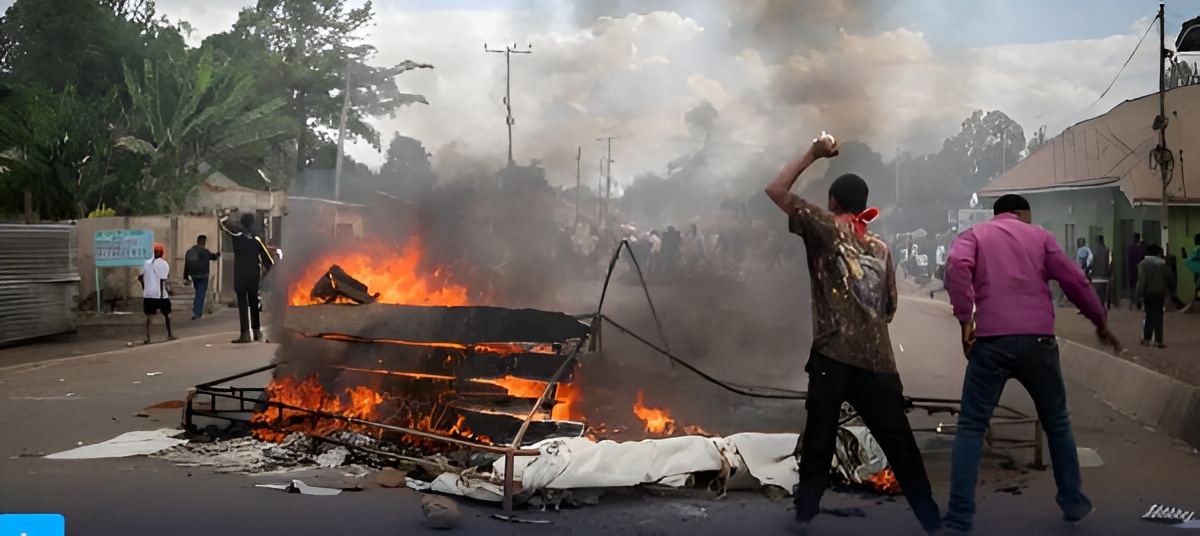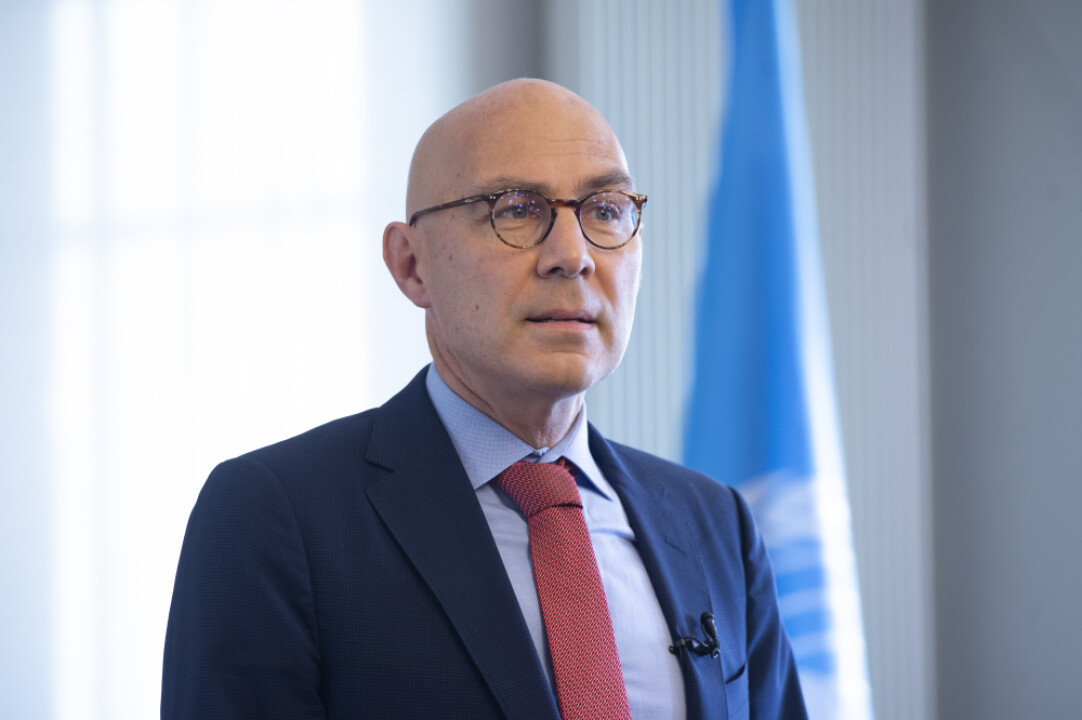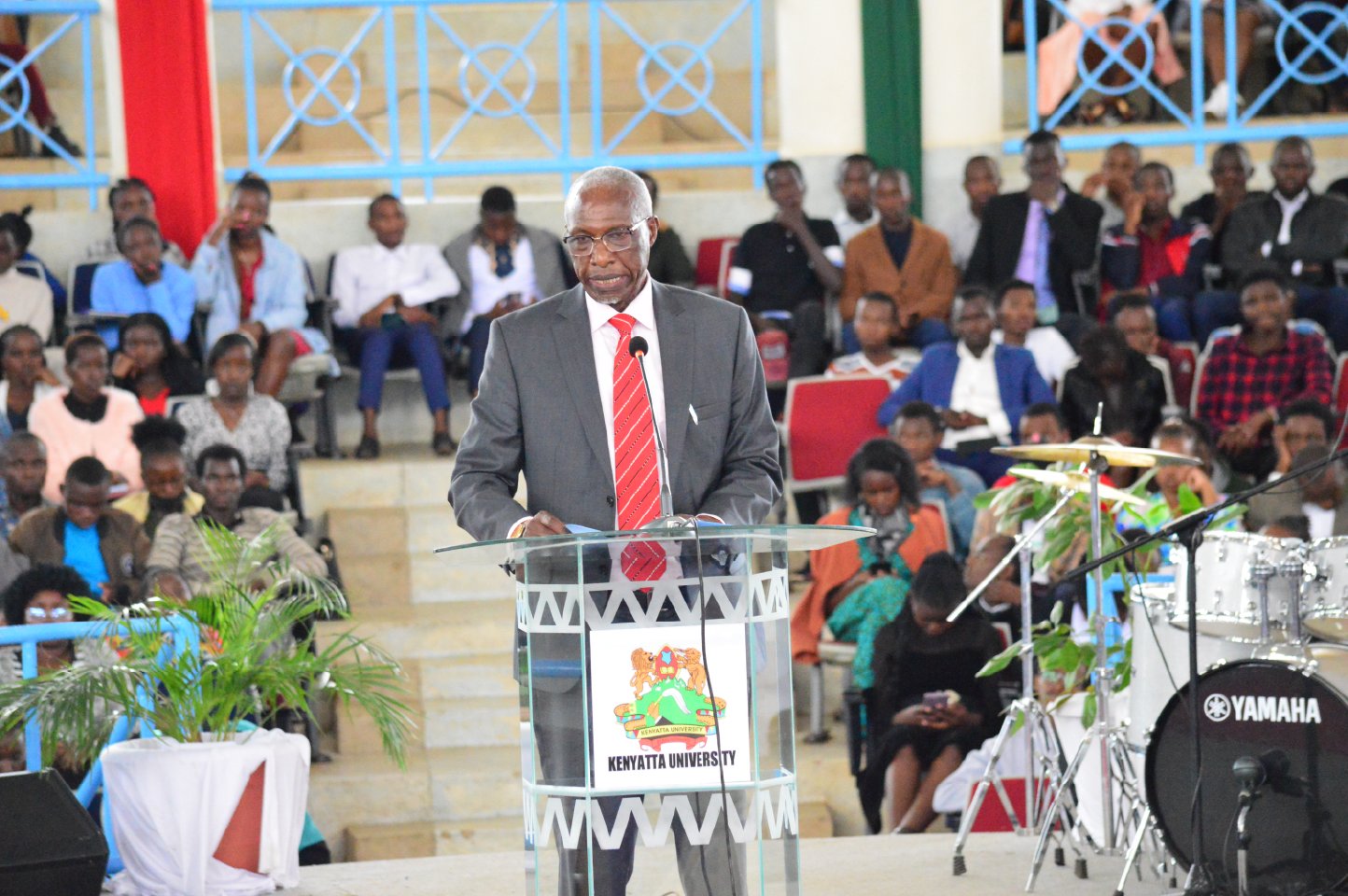Lang’ata Cemetery: Place of final rest, but a symbol of unfulfilled promises

The crisis has been years in the making. Although the cemetery was declared full in 2001, burials have continued there on a weekly basis.
For over two decades, Nairobi’s Lang’ata Cemetery has borne the weight of the city’s dead long after it was declared full.
Now, the public burial ground stands on the brink of closure, with the Ministry of Health sounding the alarm over its worsening condition and declaring it a potential public health hazard.
More To Read
- Young people must lead HIV fight, says PS Ouma Oluga
- Kenya steps up border checks as Ethiopia confirms outbreak of Marburg Virus Disease
- Governors sound alarm as 934 newborns die amid funding row in health sector
- Counties decry handling of hospitals under SHA, accuse Health Ministry of overreach
- Ruto orders all hospitals to report every maternal and child death
- Senate Committee moves to ban detention of patients, bodies over unpaid medical bills
The crisis has been years in the making. Although the cemetery was declared full in 2001, burials have continued there on a weekly basis.
Despite repeated warnings, plans to expand the facility or secure alternative land have never materialised. Today, the consequences of that inaction are painfully evident.
According to a recent report by a select committee, Lang’ata Cemetery is overcrowded, poorly maintained, and increasingly unsafe. Health Principal Secretary Mary Muthoni described the facility as a public health risk.
“The City-County of Nairobi should ensure that all activities at the cemetery comply with public health laws governing such practices to prevent the spread of infectious diseases, social stigma, and environmental pollution,” Muthoni said.
She added that should the county fail to act, the Ministry is prepared to officially declare the cemetery a health hazard.
A cemetery beyond capacity
Since its opening in 1958, Lang’ata has served as the final resting place for over 157,000 individuals, including many prominent Kenyans.
Today, the cemetery hosts around 30 burials each week, despite having exceeded its capacity years ago.
Efforts to resolve the crisis, which involve buying another land, have faltered repeatedly.
In 2009, City Hall lost millions of shillings in a scandal involving the purchase of 48.5 acres of land in Mavoko, Machakos County. Although the land was valued at Sh24 million, it was purchased for Sh283 million. Several top officials were imprisoned over the matter.
Subsequent attempts in 2016 and 2017 also failed. A proposal to buy land in Kajiado was dropped due to cost, while a plan to convert a 67-acre forest adjacent to Lang’ata Cemetery was blocked by the Kenya Forest Service (KFS), which argued that 50 acres had already been allocated to Nairobi City Council in the 1990s—although no documentation was found to confirm this.
Even negotiations in 2021 between the defunct Nairobi Metropolitan Services and KFS to secure land near Lang’ata bore no fruit. Another option, to move the cemetery to Kangundo, where 10 acres were reportedly available, also stalled.
In June 2023, the Nairobi County Government launched a new initiative to transform Lang’ata into a landscaped memorial park. Under Governor Johnson Sakaja, the Cabinet resolved to partner with the KFS to acquire an additional 56 acres.
“This project will include comprehensive landscaping and extensive renovations, such as fencing, improved signage, and grading and gravelling of roads within the cemetery, to create a tranquil place of remembrance and peace,” a cabinet dispatch noted.
The county also pledged to identify and secure alternative land for future burials.
However, PS Muthoni stressed that expansion would only be possible if the county reclaimed a five-acre plot adjacent to the cemetery currently occupied by private residences.
“Nairobi City County should reclaim the grabbed land next to the cemetery for expansion purposes,” she said.
Criminal activities
Beyond overcrowding, the cemetery has also become a hotspot for criminal activity. The select committee found that human remains and other illegal items had been dumped there, raising further public concern about safety.
Yet families continue to favour Lang’ata over the city’s eight other public cemeteries. Chief Officer for Public Health Tom Nyakaba said the cemetery’s popularity stemmed from its convenient location.
“Many people can access Lang’ata with ease. Its strategic location offers convenient transport options, both private and public,” Nyakaba said.
He noted that while Nairobi has nine cemeteries, most are community-based. These include Forest Road, Pangani, Mutuini, Uthiru, Southlands, Kariokor Christian, Ruai, and land near the National Police Service.
Lang’ata continues to face pressure due to its accessibility and symbolic importance. Nyakaba revealed that approximately 2,000 grave spaces remain, though many are reused under public health regulations.
“Due to land limitations, we apply public health laws that allow multiple interments in a single grave. It’s legal and done solely to manage space,” he explained.
Burial charges
Despite its congestion, Lang’ata Cemetery continues to operate and charge for services. Permanent graves for adult Kenyan citizens cost Sh30,500, while those for children and infants cost Sh22,500 and Sh15,500, respectively.
For non-citizens, the rates are higher: Sh50,000 for adults, Sh35,000 for children, and Sh27,500 for infants.
Temporary graves cost Sh7,000 for adults, Sh4,000 for children, and Sh2,000 for infants.
Nyakaba noted that while community cemeteries have been brought under county management to ease pressure on Lang’ata, relocation remains a challenge.
Most of the proposed burial sites lie outside Nairobi’s jurisdiction, requiring inter-county agreements to proceed.
“Relocation can only happen if the counties reach an agreement. For now, community cemeteries are being integrated into the county system, which could ease Lang’ata’s burden by up to 20,000 graves,” Nyakaba added.
Top Stories Today
















































